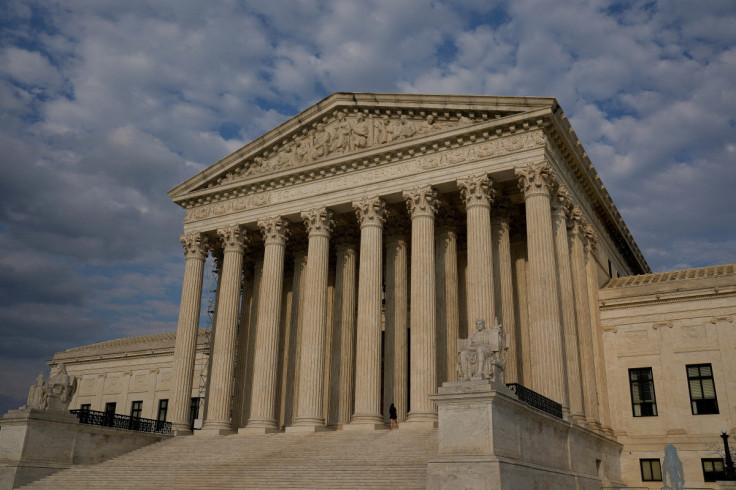LGBT Protections Limited By Supreme Court Decision
The 6-3 ruling represents a blow to LGBTQ protections

The U.S. Supreme Court, in what has been classified as a speech case, ruled in favor of a Christian web designer who did not want to acquiesce to certain groups to create websites celebrating same sex weddings out of objections from a religious standpoint.
The decision in 303 Creative LLC v. Elenis, made on a 6-3 vote, is considered a victory for religious conservatives on the court. Fears are permeating based on the decision. It is possible the court is setting its sights on overturning a 2015 decision that cleared the way for same-sex marriage across the country.
Justice Neil Gorsuch was the architect of the ruling. He was joined by Chief Justice John Roberts and Justices Brett Kavanaugh, Clarence Thomas, Amy Coney Barrett, and Samuel Alito. Justice Sonia Sotomayor authored the dissenting opinion. She was joined by Justices Elena Kagan and Ketanji Brown Jackson. Gorsuch wrote the First Amendment envisions "the United States as a rich and complex place where all persons are free to think and speak as they wish, not as the government demands." He said Colorado sought to "deny that promise."
Lorie Smith, the operator of Colorado web design firm 303 Creative, argued it was her First Amendment right to refuse to design same-sex wedding websites. This runs against the state's anti-discrimination law prohibiting businesses from prejudice against members of the LGBTQ community. In arguments last year, the high court's conservative justices appeared sympathetic to arguments from Smith's lawyers.
In 2018, the Supreme Court ruled in Masterpiece Cakeshop v. Colorado Civil Rights Commission that a Colorado baker had the right to refuse to make a wedding cake for a same-sex couple.
But that ruling was narrow and didn't rule on the state's anti-discrimination law or make a judgement on whether businesses are entitled to a freedom of speech exemption. A ruling in 303Creative LLC v. Elenis will likely resolve the remaining questions from the 2018 decision.
Justice Sonia Sotomayor in dissent, said the decision would undermine the compelling interest of the government in ensuring that all Americans have equal access to the marketplace.
"Today, the Court, for the first time in its history, grants a business open to the public a constitutional right to refuse to serve members of a protected class," she wrote.
© Copyright IBTimes 2025. All rights reserved.





















